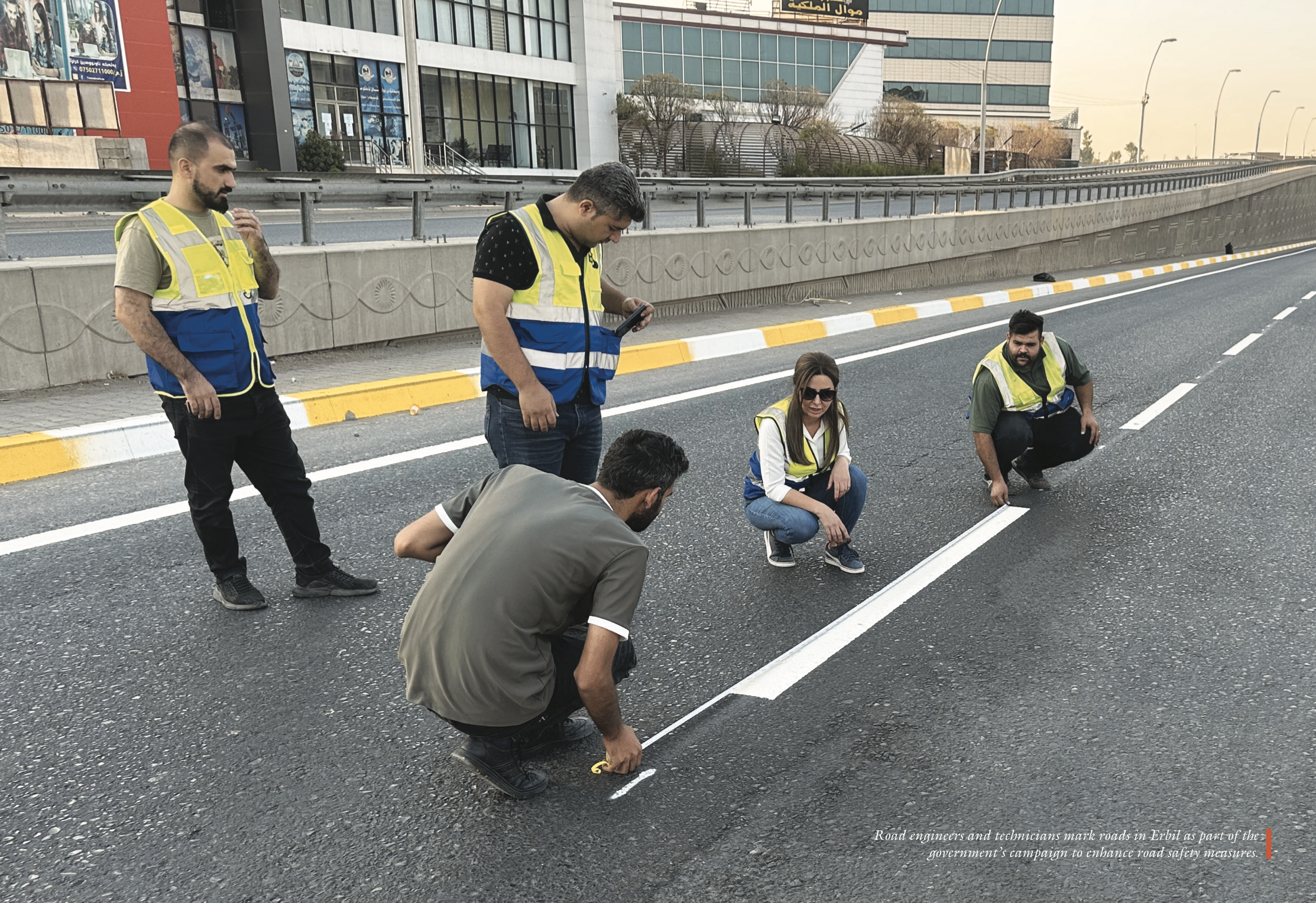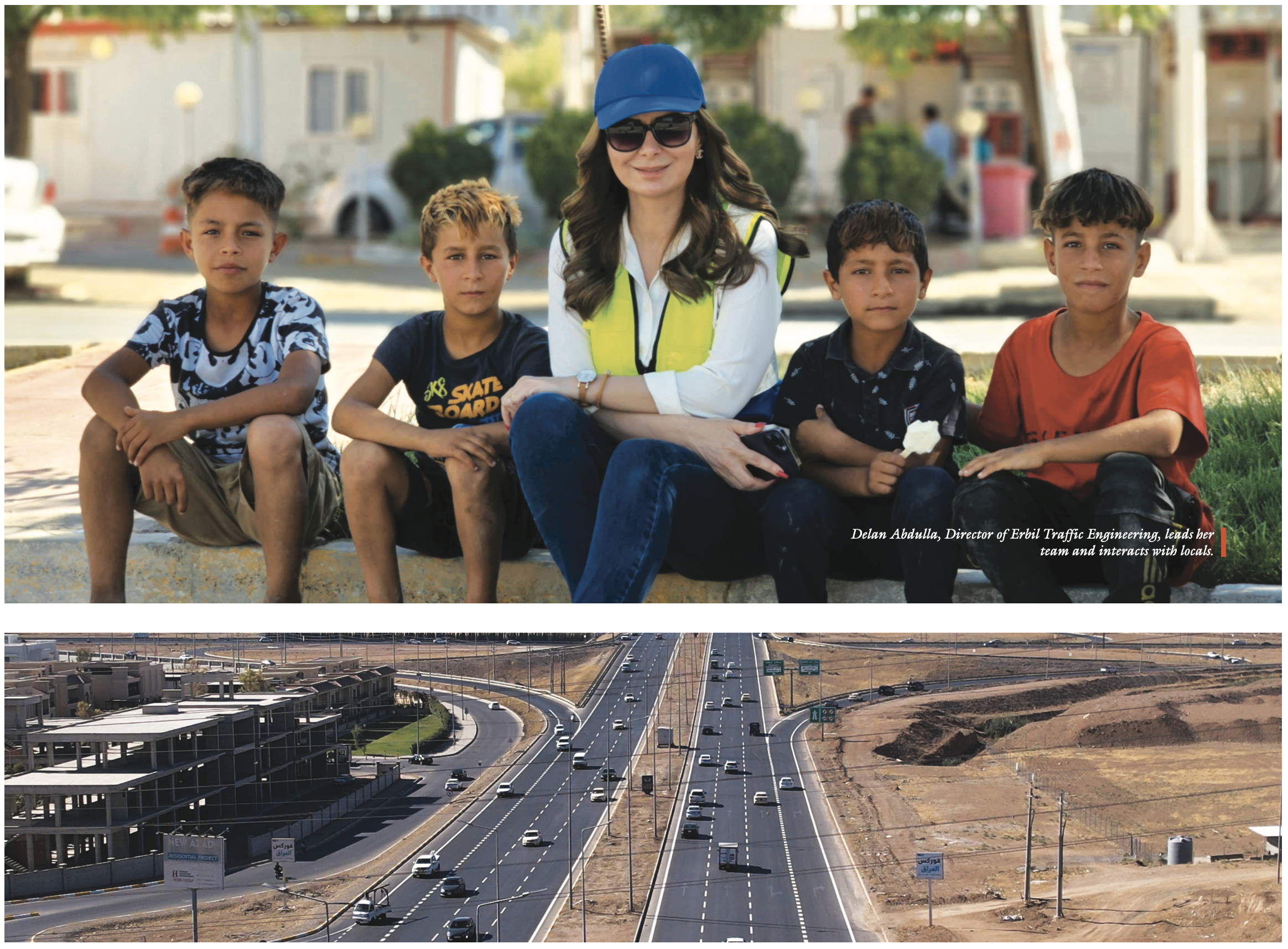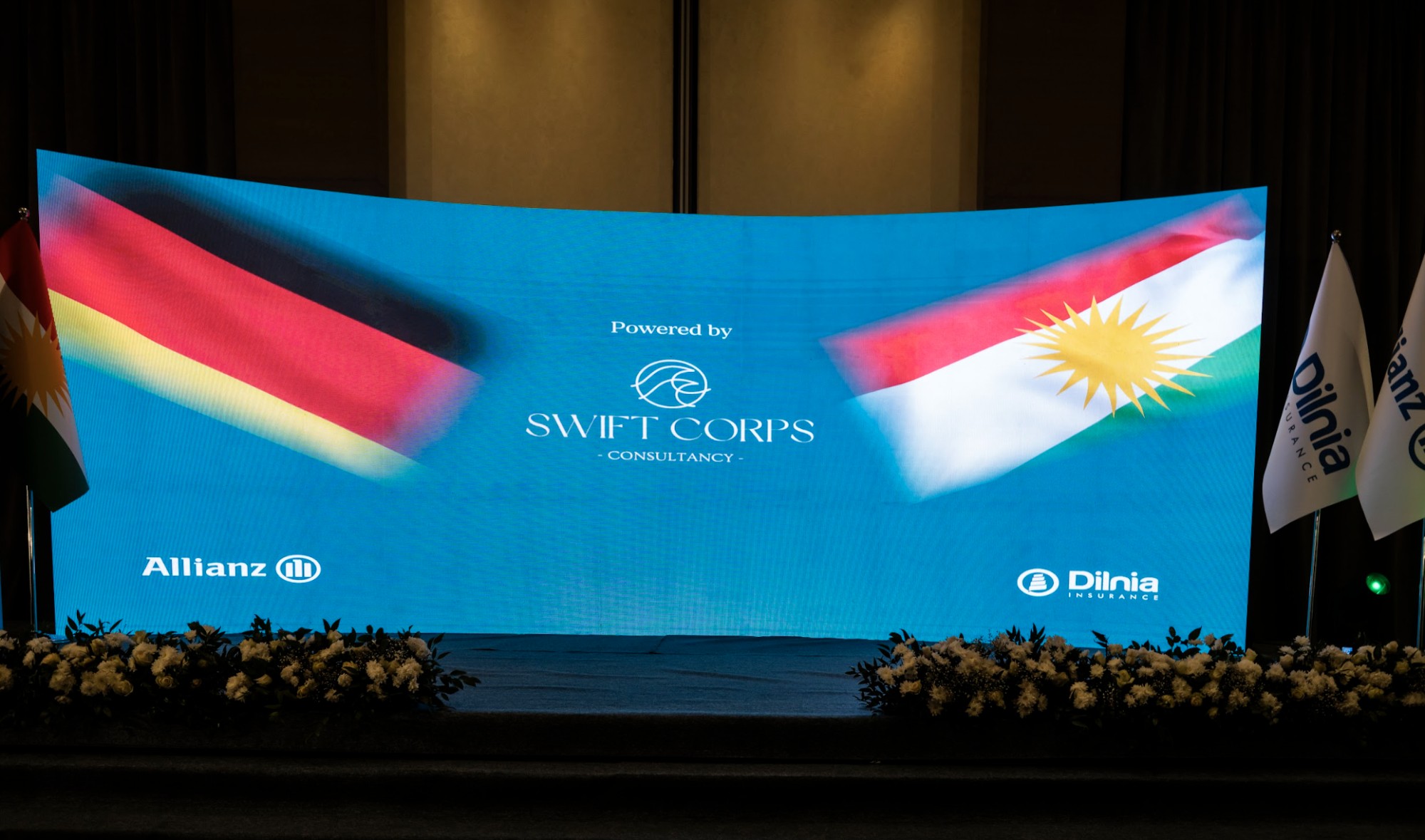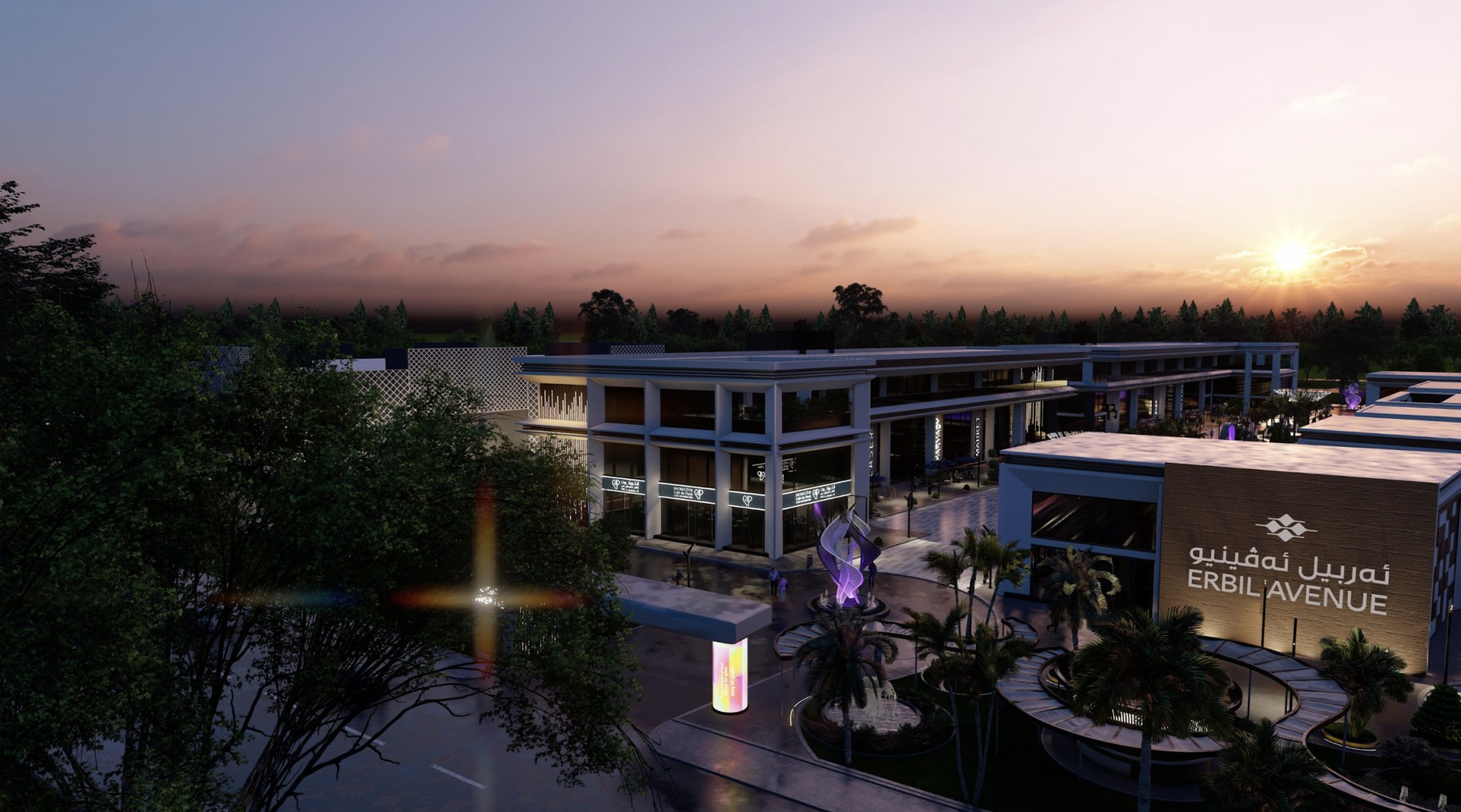In a commendable effort to prioritize road safety and organization, the Kurdistan Regional Government’s (KRG) Traffic Engineering Directorate, under the Erbil Traffic Directorate, has taken significant steps to improve traffic conditions and reduce accidents.
In an interview with Kurdistan Chronicle, Delan Abdulla Omer, Director of the Traffic Engineering Directorate, shared insights into the transformative measures implemented to enhance road safety and traffic.
The Traffic Engineering Directorate plays a pivotal role in ensuring safe traffic circulation for all road users. By employing advanced engineering techniques, it focuses on installing various safety measures, including iron safety springs, traffic signs, street mapping, traffic signals, crossing bridges, cycle paths, and more. This comprehensive approach aims to create a secure environment for drivers and pedestrians alike.

Delan underscored the directorate’s commitment to international standards, stating, “In our pursuit of excellence, we rely on Iraqi, American, and British standards, ensuring that our work aligns with global best practices.”
Under the KRG’s Ninth Cabinet, a historic shift has focused government resources on the critical field of traffic management, allowing the KRG Ministry of Interior to be proactive in addressing traffic control in cities and autonomous administrations.
Meanwhile, the decision to carry out street paving with local employees marked a departure from the previous reliance on foreign and private sector companies and has resulted in more cost-effective solutions that create job opportunities for local people.
“To elevate our capabilities, the Ministry of Interior provided state-of-the-art equipment and conducted training courses for our local employees, aligning their skills with global standards,” Delan said, emphasizing the improvement in the quality of work and the overall beautification of Erbil, whose traffic engineering is now on par with that of developed countries.
Learning from the experiences of Germany and Turkey, especially in terms of street paving, she envisions incorporating techniques and technologies from Gulf countries in future projects. Collaborations with international development organizations such as the German Agency for International Cooperation (GIZ) and the Japan International Cooperation Agency (JICA) have been vital in formulating and assisting with the master plan for Erbil.

In a bid to make Erbil more inclusive, the directorate has also undertaken efforts to cater to people with disabilities, including specialized parking lots and pedestrian crossing bridges, marking a significant step towards creating an accessible urban environment for all.
Delan laid out the directorate’s future goals: “Our vision includes the installation of additional necessary signage, the construction of pedestrian crossing bridges, the reduction of speeding near schools and kindergartens through pedestrian crossings and speed bumps, the use of concrete barriers for two-way streets, the mapping of outdoor roads that lack adequate lighting, and the strategic placement of concrete barriers and iron springs to minimize damage from traffic accidents.”
In short, the KRG’s Traffic Engineering Directorate is making remarkable strides in transforming Erbil into a model city for traffic organization and safety. The collaborative efforts, adherence to international standards, and forward-looking initiatives indicate that it will continue to work to improve road-safety conditions and enhance life in the Kurdistan Region of Iraq.
Shamal Abdulla is a journalist with 18 years of experience in the field. He has held a number of prestigious positions, including news director at Kurdistan 24 and the editor-in-chief of BasNews.

